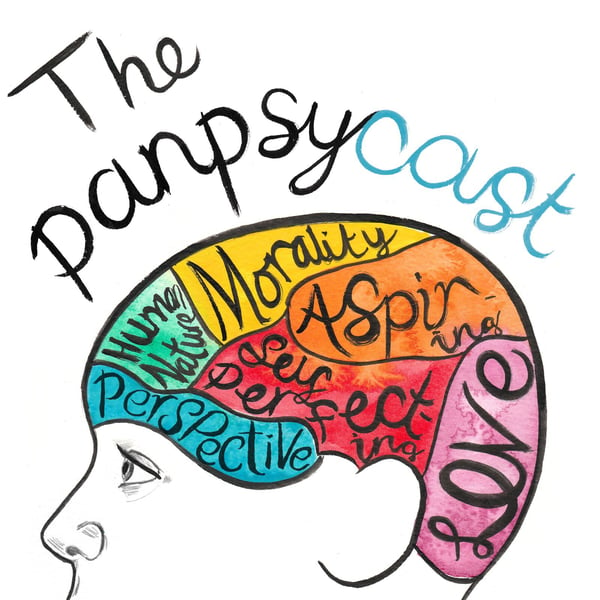Episode 47, Hedda Hassel Mørch: Consciousness and Integrated Information Theory (Part II)
The Panpsycast Philosophy Podcast
Jack Symes | Andrew Horton, Oliver Marley, and Rose de Castellane
4.8 • 604 Ratings
🗓️ 30 September 2018
⏱️ 49 minutes
🧾️ Download transcript
Summary
Hedda Hassel Mørch is a philosopher and post-doc at the University of Oslo, previously at The Center for Mind, Brain, and Consciousness at New York University. Dr Mørch’s research focuses on panpsychism, neutral monism and liberal conceptions of physicalism. More specifically, how such views can respond to problems in philosophy of mind and metaphysics, such as the hard problem of consciousness (namely, how does soggy grey matter give rise to technicolour experience), the problem of mental causation (how can the mind interact the world), and the metaphysics of causation (what does it really mean for one event to ‘cause’ another).
In this episode, we’re going to be discussing these topics with Hedda, but focus more specifically, on her views on consciousness and Integrated Information Theory. In Hedda’s own words:
"The nature of consciousness seems to be unique among scientific puzzles. Not only do neuroscientists have no fundamental explanation for how it arises from physical states of the brain, we are not even sure whether we ever will."
---
Contents
Part I. Integrated Information Theory.
Part II. Further Analysis and Discussion.
Transcript
Click on a timestamp to play from that location
| 0:00.0 | Part two, further analyses and discussion. So, Heather, our listeners will know that we've |
| 0:18.7 | spoken to all sorts of people with particular views on consciousness, |
| 0:22.6 | those being Daniel Dennett and Galen Strawson, for example, the former being an illimitivist, |
| 0:28.0 | materialist, and the latter being a panpsychist, so very different views. You've recently tried to |
| 0:33.9 | bring an argument for panpsychism back into fashion, and you call it the argument from the experience of causation. |
| 0:41.3 | Can you tell us a little bit about this argument? |
| 0:43.3 | Yeah, so the first premise of this argument could be put as all physical things have causal powers in the sense that they have some properties in virtue of which they bring |
| 0:56.8 | about their effects or necessitate their effects or produce them in some energetic way, |
| 1:04.8 | as opposed to merely being contingently and regularly followed by their effects. |
| 1:09.9 | And then the second premise is that we experience mental causal powers in agency or motivation. |
| 1:18.1 | So one version of this claim is that when we try to do something, we have the feeling of effort, |
| 1:25.0 | which is like a feeling of exerting power. |
| 1:27.1 | And another version is that if you're in pain, the pain seems to compel you to try and |
| 1:33.4 | avoid the pain. |
| 1:34.7 | If you feel pleasure, the pleasure seems to compel you to try and attract more of that |
| 1:41.2 | experience in virtue of its phenomenal character. The third premise |
| 1:46.4 | is that we don't experience nor, we don't experience any non-mental causal powers. Hume was |
| 1:53.2 | correct about that. And also we can't maybe even positively conceive of them in a very substantive |
| 1:58.5 | way. And therefore, the argument concludes, we should think that all causal powers are mental |
| 2:06.1 | and therefore that all physical things that have causal powers have mental properties |
| 2:11.6 | and that implies panpsychism. |
| 2:13.5 | And of course, this argument is extremely controversial in the number of ways. |
... |
Please login to see the full transcript.
Disclaimer: The podcast and artwork embedded on this page are from Jack Symes | Andrew Horton, Oliver Marley, and Rose de Castellane, and are the property of its owner and not affiliated with or endorsed by Tapesearch.
Generated transcripts are the property of Jack Symes | Andrew Horton, Oliver Marley, and Rose de Castellane and are distributed freely under the Fair Use doctrine. Transcripts generated by Tapesearch are not guaranteed to be accurate.
Copyright © Tapesearch 2025.

